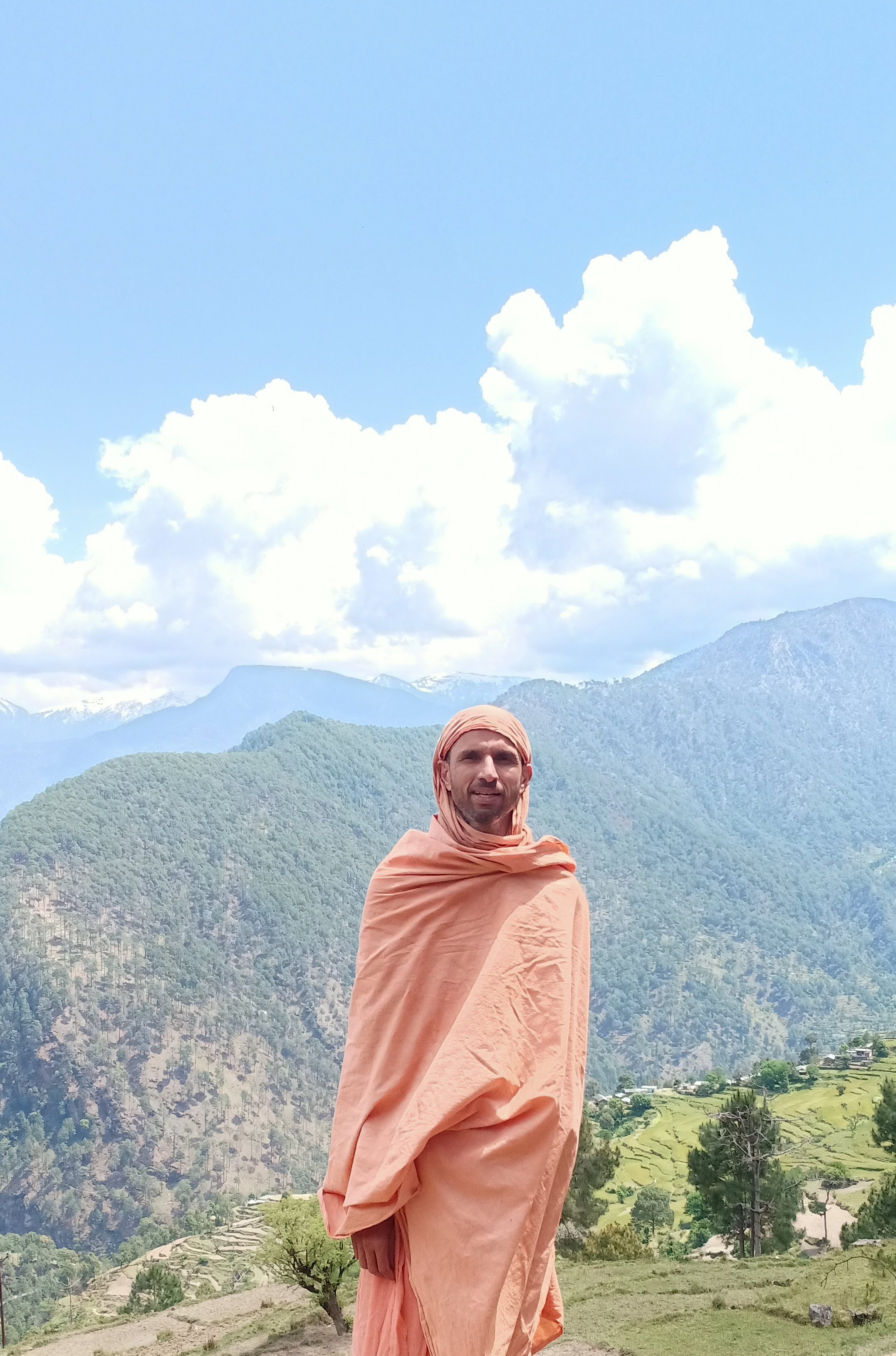There was enough sunlight coming into the room despite the looming dusk. Time was now ripe to confront the truth.
I sat in my visiting counselor’s room at a holistic center in Mumbai, India. In my past few months of workshops and counseling, particularly in urban Indian cities such as Bengaluru and Mumbai, I had seen this parental predicament all too often. Yet that is not how it usually began…..
It started with requests for counseling session for Harsha, her son, who had long since been diagnosed with depression. He had already been to professional psychologists and mental health workers for a while now.
It hadn’t taken me long to understand the deeper cause and the potential cure for Harsha’s depressions and mood disorders. But I had to play the game that I was expected to, by his parents and especially his mother who had kept pushing Harsha to train with me in what I knew best: mindfulness skills.
With a Sherlock Holmes investigative style, I had gone through series of discussions and given out a series of daily exercises to this young adult, who was in his mid-twenties.
Unlike some western parents who release their children to the full onslaught of the world early on, a majority of Asian parents of twenty to thirty something, continue to keep their children protected with excessive parental care (although it is a common syndrome in the west as well)
As these kids go through the “regular” growing up disappointments and challenges—broken heart, failures in their chosen fields, etc.—they get habituated with continuing to look to their parents for their unconditional support. Thus many never learn to take responsibility for their mental states and overlook the need to cultivate the art of emotional intelligence.
Of course such a comment may seem a bit too generalized. But if you draw out the sample from conservative and strong knit families, then the pattern seems far too clear.
When there isn’t a clear communication on an expected set of behavior that would be necessary for the parental support, the patients continue in wallow in self-absorbing and a somewhat sociopathic attitude. The reason I had summoned Harsha’s mother was to explain to her on how she needed to release her concern and protective attitude toward Harsha so that he can learn the necessary survival skills for his life.
Under his mother’s unconditional care, Harsha had found that he could get away with anything. He was not quite expected to work to support himself and was somehow led to believe that he would always have his parents support (which in cases of a sense of helplessness in adults can actually be a healthy psychological belief).
This had seduced Harsha, perhaps unconsciously, to shirk responsibility and to retain a sense of entitlement that is more commonly seen among teens (often termed the turbulent phase for parents). But over the years, despite being an adult, Harsha had not mentally grown beyond the teen phase of not taking responsibility for his own life, and for his own mental states.
It is nevertheless valid that these adults need to feel the care and acceptance of people around them. So I was not recommending a callous “could care less” attitude but a clear signal that these twenty something need to be responsible for their own lives…and for managing their emotions in a mature way, is important for their own mental health. This is compounded by the current generation of millennials, where a sense of entitlement is a common syndrome.
From my observation, of those diagnosed with depression and who have successfully emerged out of it to some extent, they do learn to take responsibility for their condition. Overcoming depression is made possible by learning to shift attention from objectivity to subjectivity; from being absorbed with the contents of one’s mind to the awareness of one’s own state of mind.
As I braced up to convey this message to Harsha’s mother, I was all too aware of the difficult process that lay ahead. It would begin with denial, followed by a justification of how her maternal love has nurtured him all along through his difficulties. It may even morph into anger and criticism toward me, the messenger. But somewhere down the line, I had hope of her embracing the final stage in this process: acceptance. It was when the healing would begin for her, and for her emotionally unskilled but cognitively competent son.
And communicating that was my current responsibility….
The final streak of sunlight was slowly ebbing away and darkness, a natural phase of nature’s cycle was awaiting its turn.


